Campaigners for adult survivors of child sexual abuse receive national innovation award
On behalf of South West-based Viv Gordon Company, Executive Producer and Co-Founder Kate McStraw has received a national award from Innovate UK, the UK’s Innovation Agency. Building on the success of Innovate UK’s targeted programmes, such as Women in Innovation and Young Innovators, this latest funding is designed to find and support fresh innovation talent from across the UK.
Viv Gordon Company has been awarded a grant of £50,000 to support the upscaling and go-to-market launch of An ABC of CSA, a unique, creative education resource created to support better conversations about child sexual abuse (CSA), a global issue that impacts 11million adults in the UK alone**, and many more worldwide. Additionally, as one of the 233 high-potential innovators selected, Kate will also receive 12 months of tailored business support to help her develop the company and business strategy. Launched as a prototype exactly a year ago, An ABC of CSA is a set of 26 beautifully illustrated alphabet cards co-created by Viv Gordon with over 40 CSA survivors and illustrated by Imogen Harvey-Lewis. CSA survivors often struggle to find the words to talk about their experiences, and many support, health and social care professionals lack the knowledge to engage in confident conversations with our community, which reinforces isolation and social exclusion. The award will enable investment in production, branding, cross-sector consultation and additional staff capacity for An ABC of CSA to roll out this CSA survivor-led resource and corresponding training service to relevant sectors nationally. These include front-line sexual violence support services, therapists, police and justice departments, social services and mental health services. Kate McStraw comments, “I’m delighted to have received this level of support from Innovate UK. To have recognition of our work as innovation within communication and social equality feels incredibly powerful. It is also poetically timed as it’s been a year since we first launched An ABC of CSA. I am excited to develop my business skills and upscale our company to be able to deliver this work with wider reach and impact.” Viv Gordon, Artistic Director of Viv Gordon Company, adds, “Our work is about harnessing CSA survivor creativity to social change. Each journey of survival is unique and impossible to encapsulate in 26 cards. The ABC isn't a text book – it’s a nuanced, emotionally resonant reflection of survivor experiences designed to put scaffolding around difficult conversations, not to tell anyone how to think or feel. The cards sing with grief, rage, love and hope. We are so grateful to the diverse group of 40 CSA survivors who shared their words to make this powerful resource.” CSA impacts all demographics and all protected characteristics, yet we lack representation in the arts sector and wider society. Our experiences have been taboo and omitted from diversity and inclusion discourses. An estimated 75% live with long term mental health needs***. The inclusion of An ABC of CSA into this prestigious award programme, which was amongst the most highly engaged funding competitions Innovate UK has ever delivered, is not only a significant business development milestone for Viv Gordon Company; it represents significant progress towards increased access and inclusion and social change for the CSA community. - ENDS - * based on individual grants of £5,000 plus a £10,000 contribution to living allowances or £50,000. ** Radford, L. et al (2011) Child abuse and neglect in the UK today. NSPCC *** www.csacentre.org.uk About Innovate UK Innovate UK, part of UK Research and Innovation, is the UK’s innovation agency. It works to create a better future by inspiring, involving and investing in businesses developing life-changing innovations. Its mission is to help companies to grow through their development and commercialisation of new products, processes and services, supported by an outstanding innovation ecosystem that is agile, inclusive and easy to navigate.
0 Comments
Calling all CSA survivors and allies
How to join in Wear zebra print or black and white clothing. You could wear zebra socks, earrings, badges or anything else. Be as bold or discreet as you feel.
Please remember that this design is open to be used by others and leave it as you found it (i.e. please delete your image before you leave Canva and please don't change the design). If you would like to make changes to the design please first click on the "duplicate page" icon and make any design changes to the duplicate only, which will leave the original unchanged. Please remember to delete the duplicate before you leave Canva. Happy designing! Why zebras?
BUT zebras are brilliant and we think they are a potent image to celebrate CSA survival because:
Spread the word If you feel safe to please help us spread the word - everyone can join in to stand in solidarity with the CSA survivor community - talk to your friends and colleagues and tell them how to get involved by wearing and sharing zebra. Remember
Sources:
* Radford, L. et al (2011) Child abuse and neglect in the UK today NSPCC ** The Report of the Independent Inquiry into Child Sexual Abuse (IICSA), 2022. During the '16 Days of Activism' campaign 2023 we have shared the things we are investing our time, energy and resources into to combat CSA as a form of gender-based violence. Our work is a creative campaign to nurture voice, visibility, community and leadership by, with and for CSA survivors, so we can lead social change. Find out more below: VOICE
Our work seeks to disrupt the cycle by supporting the CSA survivor community to find the words to talk about our experiences, by providing avenues for CSA survivors' voices to be heard and harnessing our voices to social change. The creative approach enables us to collectively express the nuances, complexity and contradictions of intersectional CSA survivor experiences. We need these spaces to listen to our own voices, to hear each other, to uncover our shared and diverse narratives. And we need platforms to challenge our oppression and speak truth to power. Our projects provide spaces for survivors to safely explore and articulate our journeys as well as find ways into activism and campaigning so we can represent our needs, interests and concerns. We recognise that it is not safe or preferred for everyone to speak out publicly so we do lots of creative co-produced work that enables people to contribute their voices anonymously. For others, now is the right time to share their voices publicly or in specific settings and we provide platforms, spaces and guidance for this to happen in safe and supported ways. One thing is undeniable - collectively our voices are getting louder - we are proud to be part of a growing ecology of CSA survivor leaders, artists, activists and organisations - as a community we will not accept the silence any more. We are breaking that cycle. Our voices will be heard. VISIBILITY
We lack a sense of community identity. Most CSA survivors have never knowingly met another CSA survivor. Many of us have not disclosed to anyone, even closest friends and family, let alone colleagues and wider social circles. The dominant culture treats our experiences as taboo, something to be discussed in hushed voices in private (if at all) which perpetuates our identity as “other.” When shame prevents us from self-identifying it is impossible to find our way into community. Our work champions a culture of unshaming and recognises this needs a thoughtful, care-filled approach so we work towards visibility in a range of ways. We offer positive role models that contradict conventional perceptions of CSA survivors and offer new strengths-based narratives. We believe “you can’t be what you can’t see”. Visible CSA survivor leaders, artists and activists offer role models which emphasise alternatives to victim blaming stereotypes that keep us silent and separate and prevent collective action. We want current and future generations of CSA survivors to see empowered CSA survivors authentically navigating the complexity of the survivor experience and working together for social justice in safe, equitable and connected ways. This includes leaders who choose to or need to be visible in chosen spaces and not in others, artists whose creative work is visible but they as an individual are not and activists who use pseudonyms and organisational names to carry out their work. We celebrate the many ways that survivors say “I am here”. We centre individual safety, consent and choice. Our work is about building VISIBLE COMMUNITY that does not rely on individual visibility as this is not the safe, possible or preferred option for everyone. We affirm that being visible is not better than being safe and comfortable. COMMUNITY
Our work seeks to reduce isolation by developing the infrastructure for community connection and building cohesive communities of belonging. We do this by working to understand the common marginalisations we face in the dominant culture. We are experimenting with accessible and inclusive cultures and experiences. A central question drives our practice - what do we need to feel safer and more included in creative workshop, training or cultural spaces? What does a CSA survivor centred space look and feel like? All marginalised communities have places where they gather, feel ownership and freedom from the micro aggressions and oppressions they face in the wider culture, places like pubs, clubs, community centres… We don’t have these yet. Our pop-up cultural spaces explore what it is like to be together as a connected community. We recognise that gathering in person is not everyone’s preference and there are barriers to doing so including geography, finances, transport, confidence and safety, so we also work to build community online through remote participation in workshops and events. What is undeniable is that communities make change. Throughout history all civil rights movements and all social change has happened when marginalised, oppressed communities come together to represent their own interests, rights and concerns. Our work visions a huge connected CSA community mobilised for social change. We vision critical mass and survivor-led narrative, cultural and systems change. Our ultimate aim is for the CSA survivor community to be a protected under the Equalities Act giving us statutory access across all sectors. LEADERSHIP
The answers to that question are complex. Many of us have had our education and careers disrupted through the social, physical and mental health impacts of trauma. For lots of us just getting out of bed in the morning is victorious. The impact of stigma and medical model perceptions of survivors mean that negative stereotypes about us persist - we are seen as deficient, less capable, more vulnerable, less professional, too emotional, unreliable, oversensitive and disruptive. Many of us have internalised these beliefs and have low confidence and aspiration.
Our strengths-based model that emphasises the positive qualities inherent in survivors - we are creative, resilient, resourceful, observant, emotionally attuned human beings - we’ve had to be these things otherwise we would not have survived. What if the issue is not us, but a lack of access. What if we can harness these qualities to make change. We work within a social model of disability which seeks to understand and remove barriers CSA survivors face in progressing into leadership - some of which are practical and lots of which are changing working cultures and attitudes. We create pathways for CSA survivors into cultural leadership through training, mentoring and creating opportunities with specialist access support so that together we can lead change. There are so many different ways of leading - as artists, facilitators, activists, organisers, fundraisers, comms people, wellbeing support. Our 11 million strong community needs more leaders - there’s a lot of work to do and it’s gonna take all of us. Next year marks my 10 years making work as a visible CSA survivor artist activist. My first show, I Am Joan, spoke out about child sexual abuse and explored what it might be like to listen to the quiet, insistent voice inside, follow your intuition and back your own horse however scary, radical and countercultural that horse is. It was inspired by famous Joans who did just that: Joan of Arc, Joan Jett, Rivers, Baez … Kick-ass women who refused to be silent despite huge risks…
I talk about what it was like making and performing that show in my TedX talk. What I will say now is that it was scary and lonely - I had incredible support, friends and collaborators but I didn’t know any other CSA survivors who were speaking out - no role models, no peer artists, no route map - just intuition … In one scene, I enact burning at the stake as Joan of Arc and shout the following words in a comedy french accent - words that reflected my experience as a survivor but that I couldn’t yet say (let alone shout) in my own voice All I do is speak the truth I will not be silenced I will be heard It is you they will judge This is nothing to do with me This was me trying to say “I didn't do anything wrong - it wasn’t me - so why am I being judged, shamed, persecuted?” If you’re reading this thinking the word “persecuted” is too strong then you might want to consider how 11 million adult survivors in the UK are kept separate and silent. Not all oppression is overt. So much is part of our cultural wallpaper - institutionalised, systemic and semantic. Ours is oppression by omission. A huge community in hiding, stuck between the chemical cosh of mental health provision and a catastrophically broken victim blaming justice system - either way we are pathologised, stigmatised, discredited and overlooked. We are a population no-one has to think about until they do … Fast forward 9 years and change is exquisitely unfolding: I’m getting ready for my next project - a series of punk songs that will eventually form the spine of a new show where I will use my own gnarly, raging voice to shout loudly about abuse, survival, social justice and revolution. And I have peers! And we are role-models for each other - because there is still no map, we are writing the map together. But Viv Gordon Company sit within an international community of brilliant CSA survivor artists and activists connecting, collaborating and driving change in defiance of the many barriers we face. We are survivor-led not just by me but by 51%+ representation on all our teams. Our core belief as a company is that CSA survival is a creative act - we are inherently creative people otherwise we would not have survived. We champion voice, visibility, community and survivor leadership and this week - for Creativity and Wellbeing Week 2023 - we have been joyously celebrating some of the survivor artists and activists we work with on our board, our steering group, our emerging creative leaders and others - a Dazzle of Zebras! The zebra thing comes from our ABC of CSA project. The Z card is “feeling like a zebra in a world of giraffes” which initially speaks of feeling othered and alien as many of us do. But there’s a lot of us zebras and we’re pretty cool - each with our own unique stripe pattern and strong kick - together we are a super herd. Lots of us are starting to wear zebra print as a kind of survivor pride - we’re “rebranding” survivorship, unshaming and gathering as a community - it's all very empowering and beautiful, and undeniably bittersweet too. Our drive for visibility is about community visibility, not about all survivors being individually visible because those of us who are able to speak out are the tiniest fraction of our 11 million strong community. If you are reading this and you’ve not been able to tell anyone or you need to compartmentalise your survivor identity to specific spaces - I hope you know how dazzling you are, how much you matter, how happy I am that you survived and how none of this is your fault - the deficit is cultural. I hope one day it will be safe for us all to speak and gather freely - I will die on that hill (in a fabulous zebra print tuxedo) I’ve spent some of this week chatting to a brilliant wise woman who is not able to safely self-identify or attend any in person events, but is still very active in our community, about the role of creativity in her life. I want to give her the last word … “Torn in a world in which silence and speaking can both feel particularly violent and frightening to me, creativity points to a possible, initial, way through. In a world in which there is a ferocious attempt to control, obscure and re-write history, art stands in the way: fragments of non-erasable reality. Art speaks …” Illustration: Imogen Harvey-Lewis
I didn’t remember being abused until I was 29. At that time CSA was still incredibly taboo - I’d only ever heard 3 people talk about their experiences and it still felt like a big dirty secret. Even though abuse is never a child’s fault, we internalise the stigma, shame and guilt and go through life thinking there must be something wrong with us. A belief that is compounded by the mental health system that pathologises our distress and labels us as disordered.
The narratives around the experience are unhelpful - that it was a long time ago, that we should move on and get over it - all survivors know that we live with the impacts of abuse everyday. The icing on the cake is that most of us have no recourse to justice - there is no evidence to take anyone to court and even when there is, convictions are very rare. I spent a lot of time in therapy (I still do) unpicking what happened to me and how that has affected me, working out that none of it was my fault, forgiving myself for all the chaos I created as a young adult and recognising that all the things I thought were wrong with me, were just very normal responses to trauma. #MentalHealthAwarenessWeek #MHAWAlternativeMessage
Be one of the first to hear and see our brand new track and animation She walks...
The launch will be taking place on Wednesday 25th November between 8pm - 9pm. We will be streaming live to YouTube where you can join the creative team, watch She walks... and ask us any questions you may have about the work. How do I watch? You can find the scheduled live YouTube video down below. Click 'get reminder' on the video if you're viewing this page in advance. Or watch it down below if you're arriving after the event. Watch directly on YouTube to see the live comments and ask us any questions you may have. Click play on the below video, or click here. View our YouTube channel here. How do I submit a question? You can submit a question in advance by filling in this form. Or you can ask them live via the 'comments' section on YouTube. She walks… has been developed with some incredible collaborators. We used a poem I had written as our starting point - Rapper JPDL and I co-wrote the lyrics which are spoken, sung (more on that here) and rapped. Experimental composer Quinta (part of Collectress) wrote the music. Award winning animator, Lou Sumray created hand drawn charcoal images - incredibly she uses 24 drawings per second.
The result is something authentic, beautiful and haunting - the music has a trip hop feel and the animation connects us to nature with its organic aesthetic. The temptation with work about abuse is to tidy it all up and make it more palatable - there’s a raw chaos to She walks... that chimes with the experiences and fragmentation that survivors share - it's untamed and all the more alive for it. We hope that survivor audiences will connect with the story and see something of themselves in it - the lyrics talk about the experience of dissociation, feeling like our bodies are far away or numbed, as well as the drive to keep going and the belief that something better is possible. We want to share hope but more than that we want to reach out to other survivors and say “What you feel is real, is normal in the context of trauma, there’s nothing wrong with you, you’re miraculous, you don’t need to hide away, your voice matters” The work is not just for survivors though - it's for everyone - we all have difficult times and right now the pandemic is making life really tough for so many - one of the things we have in common is the ability to connect with nature and find solace and inspiration there - even if it's looking out of the window at the birds or feeling the rain on our faces while we queue for supplies! Get involved in the #MyLineInTheSand campaign and register yourself as coming to our launch event via our Restless project page here.
I campaign for access and inclusion in the arts for artists and audiences with mental health needs -
I speak at conferences and events, as well as offer training and consultancy with individuals and organisations. Previously, I was an Agent for Change with Salisbury International Arts Festival (2017) and have led work with marginalised adults and families since 2003 as Artistic Director of Mean Feet Dance.
She works to present musical material in visually imaginative ways, using movement, dance, light, and homemade instruments and sample sets. Working across a number of fields including dance, circus, theatre and film, she performs with a variety of bands and has a richly diverse biography of collaborations, including with all-female arts collective, Collectress.
Recently she has discovered making stop motion animations using charcoal drawing. As a member of 154collective theatre her first charcoal drawn animation Follow me was made for the show “Under The Bed” in 2015. Follow Me won 1st prize at Bradford Open Art Exhibition 2017.
Introducing the Creative Team by video
We've just started the Survivor Conversations podcast!
It's a podcast for hopeful, honest and purposeful conversations about surviving Childhood Sexual Abuse hosted by us. We intend to use the podcast to continue campaigning for voice, visibility and community for survivors, and each episode will feature survivor artists and activists discussing issues that matter to us including creativity, social justice and change. We've planned out 3 episodes for you and they're just 15 minutes long each. You can find the first episode above, by following this link, or on other sites like: Spotify, Breaker, Pocket Casts etc. Over the 3 episodes we will be talking about what it's like to be a survivor and why it's important to share survivor experiences and break the taboo. We will be referencing our most recent project Restless and She walks... and speaking about the use of creativity to enable challenging conversations. Where do we start? How do we talk about CSA? What can we do if someone wants to talk to us about their own experiences? Voice 1: Emma Bryson, survivor-activist and campaigner for Survivor rights and interests Voice 2: Viv Gordon, theatre-maker, arts/mental health campaigner & survivor-activist whose work is intended to increase the voice and visibility of survivors of CSA. Find out more about Restless and the launch of new digital artwork She walks... here. She walks… is a digital artwork combining music, song, spoken word, rap and hand drawn animations. It is the first part of a wider project called Restless that uses imagery from walking in coastal landscapes to talk about the experience of living as a survivor of Childhood Sexual Abuse - ideas of being isolated and exposed, of navigating challenging territory and occupying marginal, liminal spaces. The central metaphor running through the project is the restless sea, slowly and insistently changing the landscape - just as activism changes culture through continuous collective action. She walks… sits at the mid point of the larger work - the character has survived and despite an inner fragmentation and experiences of dissociation, she is instinctively propelled forward.
The track ends with the idea that change is possible - it is a turning point. It's not that everything gets better from there on - I don’t really believe in recovery as such - I think we learn to live with what happens to us and reclaim some of what we’ve lost - trust, connection, hope… I will never not have been abused, I will never not be a survivor - it's not something that happened years ago and is now over - I live with the impact of it everyday - lots of us don’t survive and I am acutely aware of that. Walking has been a massive part of my journey - I’m making up for lost time - I had a developmental delay when I was little because of the trauma - so walking is a victory. It's what I do to feel good, to find solace, to stay connected with my body, to work things out when my brain is in chaos and to write. The Restless project draws on a long tradition of artists and activists walking to create change - what do we do when we’ve had enough? We march. She walks… is based on a poem I wrote after walking a 110 mile stretch the South West Coast Path, inspired specifically by the landscape around Portland in Dorset which is rich in contradictions - at once beautiful, wild and ancient and deeply scarred with quarrying, a Ministry of Defence site surrounded by razor wire and a high walled prison. The resonance for me is the impact of abusive, defensive or controlling patriarchal structures set against the wonder and resilience of the natural world. Come along to our launch event on Wednesday 25th November at 8pm: https://bit.ly/she-walks-launch Follow the event on Facebook: https://fb.me/e/b9km6BIdH |
welcome to my blogI'll be posting my personal reflections on creating work as an artist and survivor of childhood sexual abuse, my work with the wider sector and interesting developments in arts and mental health. Categories
All
Archives
June 2024
|

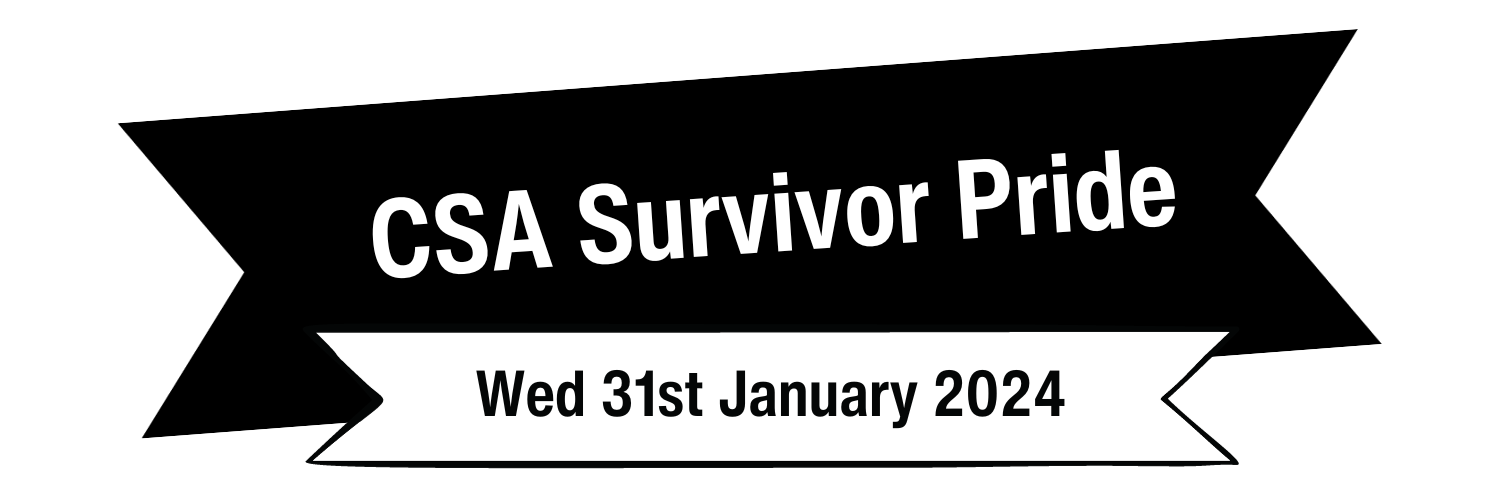
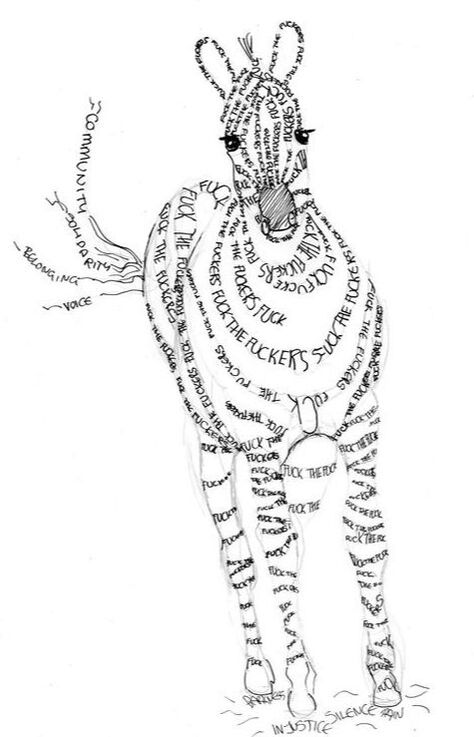
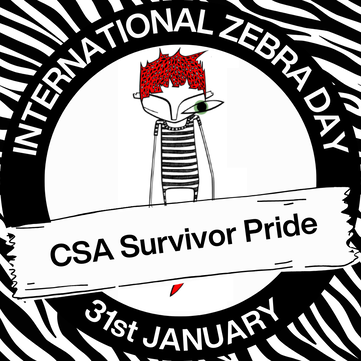
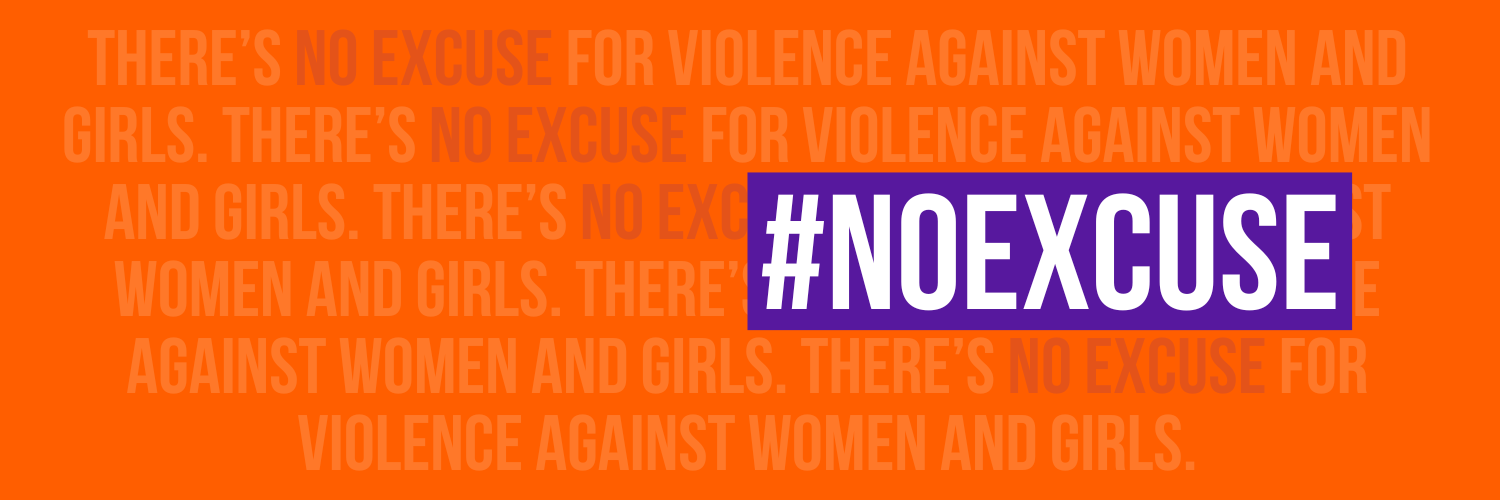
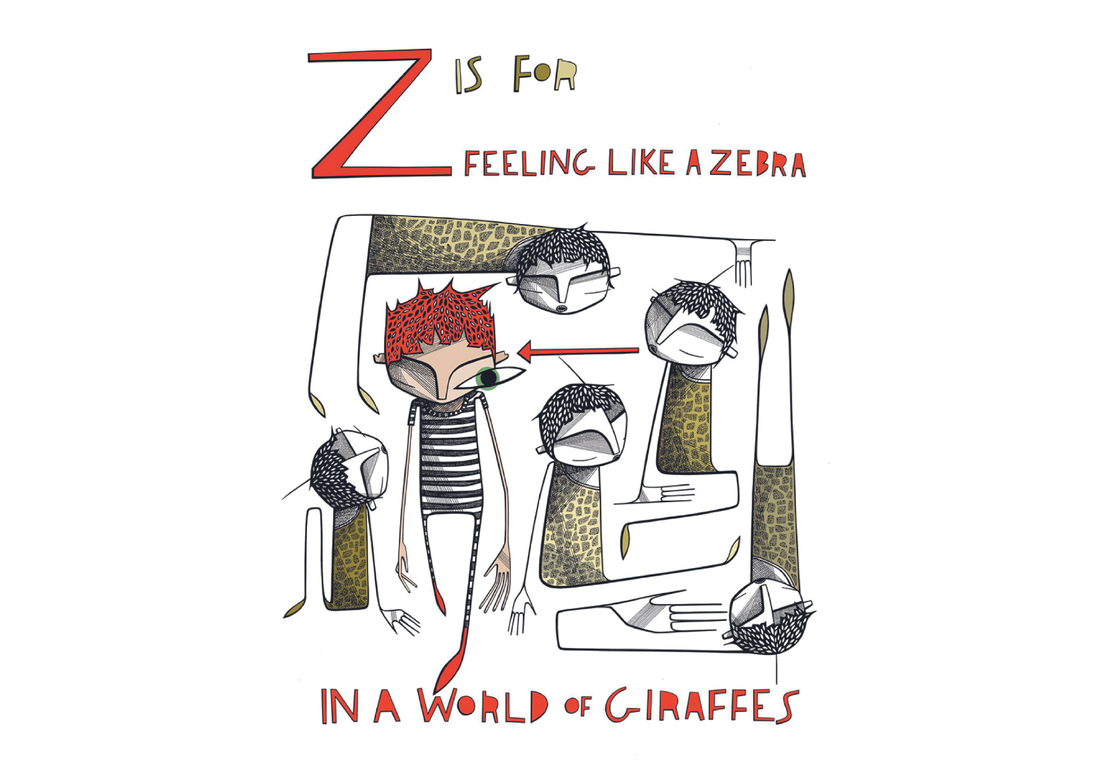
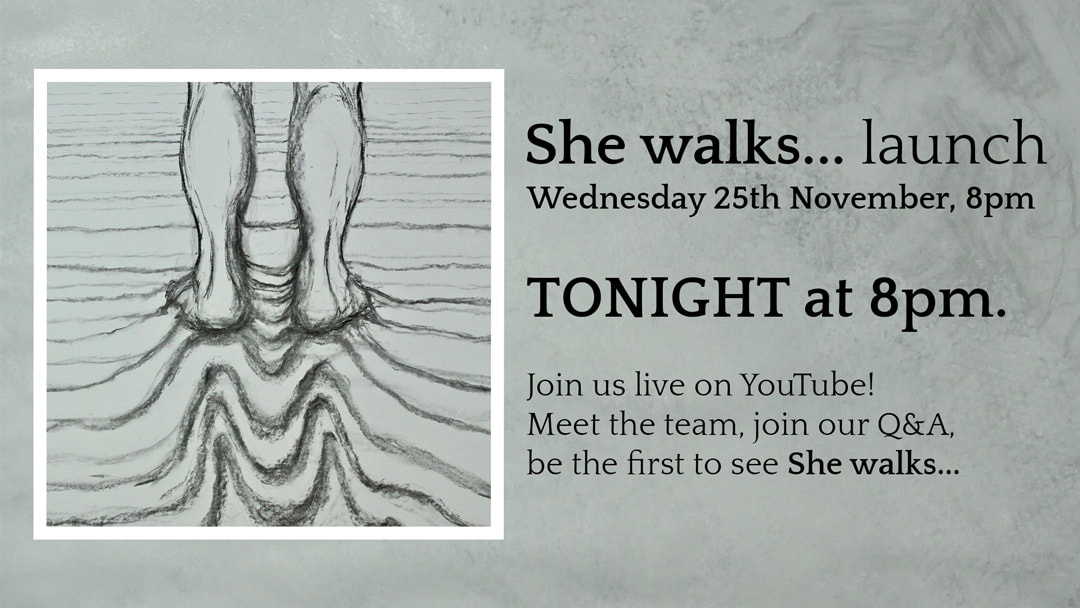
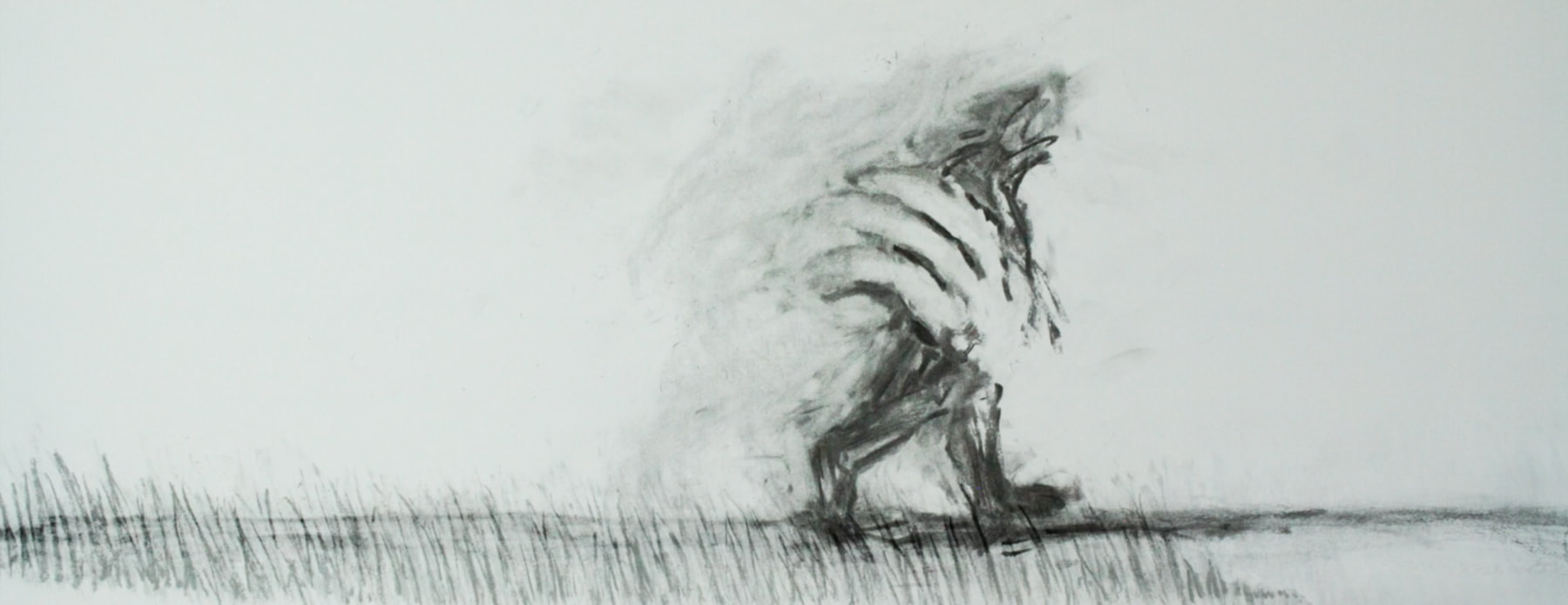
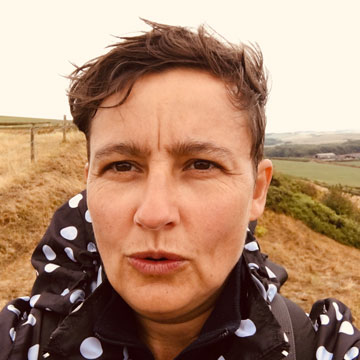
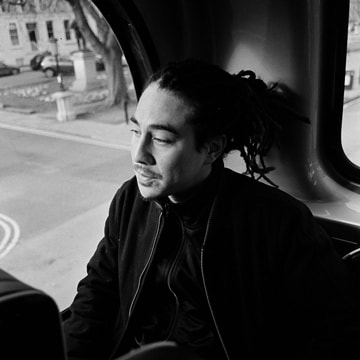
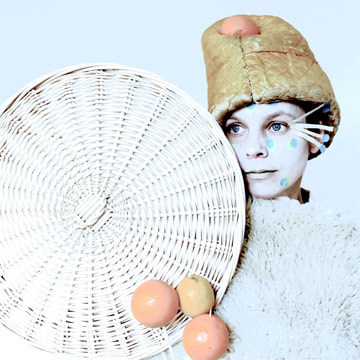
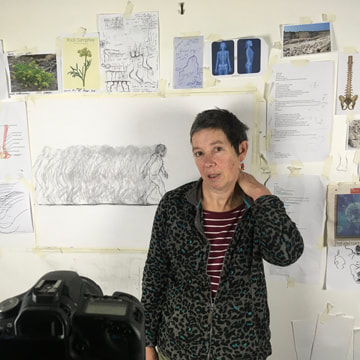
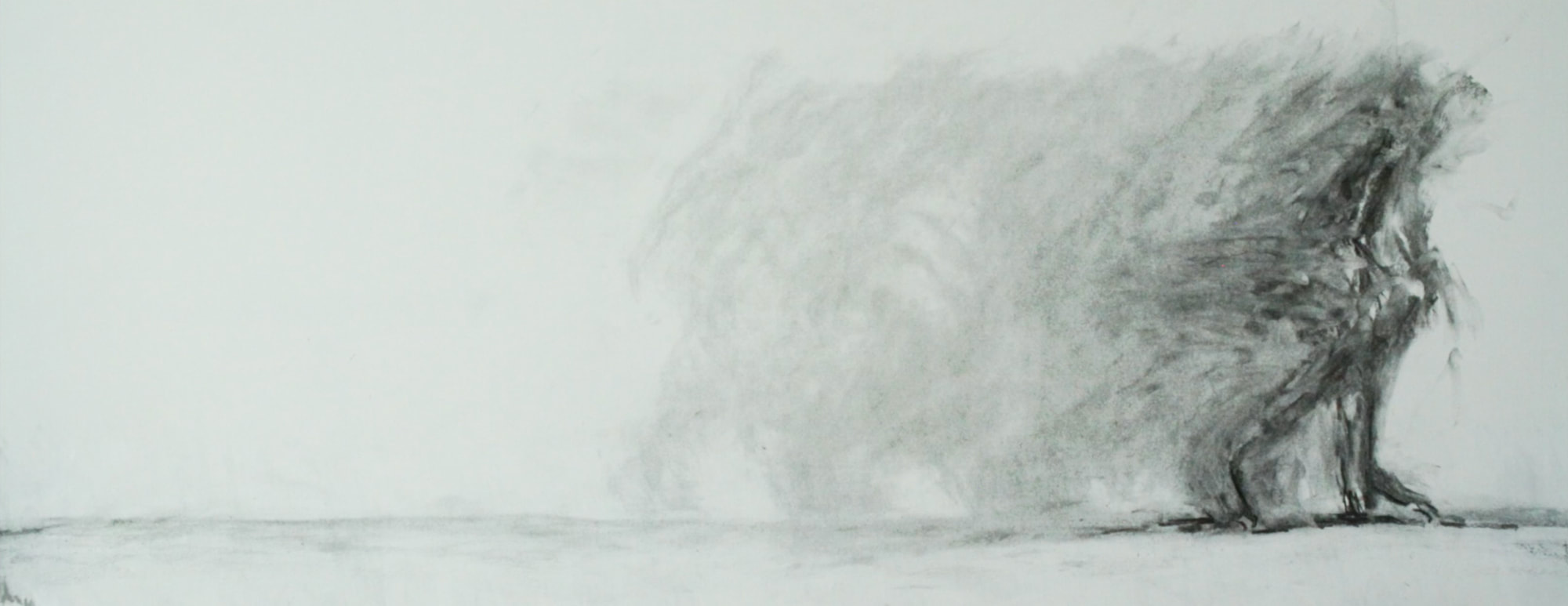
 RSS Feed
RSS Feed